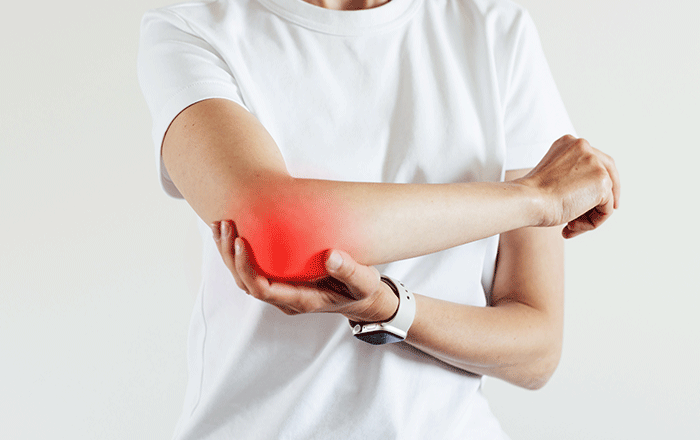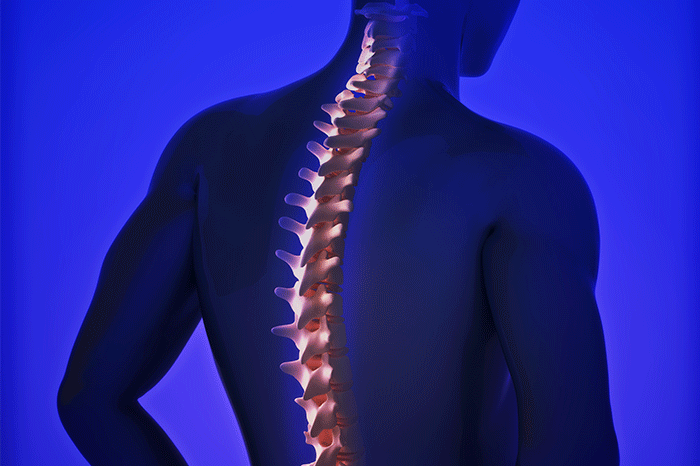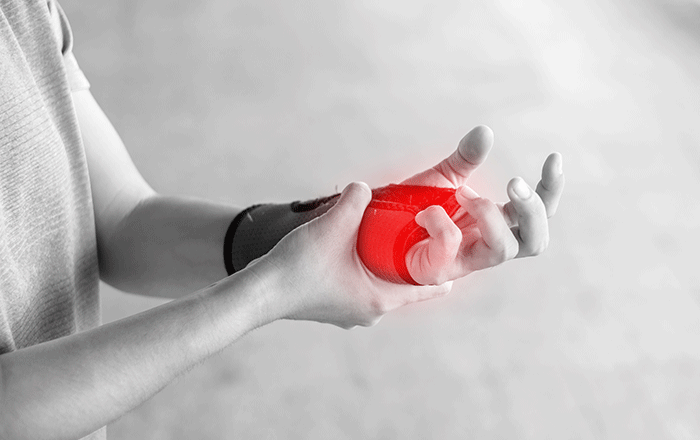Lumbar Decompression
At Dr. Deborah Blades Neurosurgery, serving patients across Northeast Ohio, Lumbar Decompression is performed to relieve pressure on nerves in the lower back caused by spinal stenosis, thickened ligaments, arthritic bone overgrowth, or a bulging/herniated disc.
When the canal or nerve tunnels (foramina) narrow, nerves can become pinched—leading to back pain, leg pain (sciatica), numbness, tingling, weakness, and difficulty standing or walking for long periods. If medications, physical therapy, or injections are no longer effective, surgical decompression can provide lasting relief.
“The goal is simple: free the pinched nerves so you can stand, walk, and live with less pain—often the same day.” – Dr. Deborah Blades
Depending on your anatomy and the cause of compression, Dr. Blades may perform a laminotomy (removing a small window of bone), a laminectomy (removing more of the lamina to widen the canal), trimming thickened ligaments or arthritic bone spurs, and if needed, a microdiscectomy to remove disc material pressing a nerve. These techniques are tailored to decompress the affected nerves while preserving normal structures whenever possible.
Benefits of Lumbar Decompression

- Relief from sciatica and leg pain with standing or walking
- Improved walking distance and endurance
- Reduction of numbness, tingling, and leg weakness
- Targeted, tissue-sparing techniques when appropriate
Recovery: Many patients notice improved leg symptoms soon after surgery. Light activity typically resumes within days, with a gradual return to normal routines over several weeks. Physical therapy may be recommended to rebuild strength and flexibility. In some cases of spinal instability or spondylolisthesis, Dr. Blades may recommend adding a fusion—this is decided individually and discussed in detail before surgery.
If spinal stenosis or nerve compression is limiting your life, Dr. Deborah Blades and her experienced team in Northeast Ohio can help. Schedule a consultation to see whether lumbar decompression is the right option for you.

Recovery: Many patients notice improved leg symptoms soon after surgery. Light activity typically resumes within days, with a gradual return to normal routines over several weeks. Physical therapy may be recommended to rebuild strength and flexibility. In some cases of spinal instability or spondylolisthesis, Dr. Blades may recommend adding a fusion—this is decided individually and discussed in detail before surgery.
If spinal stenosis or nerve compression is limiting your life, Dr. Deborah Blades and her experienced team in Northeast Ohio can help. Schedule a consultation to see whether lumbar decompression is the right option for you.

